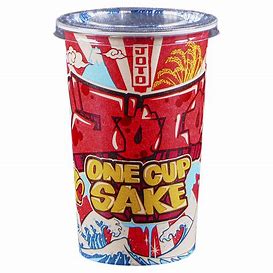21 products
-
Joto Yuzu Flavored Sake 'The Citrus One' 500ML
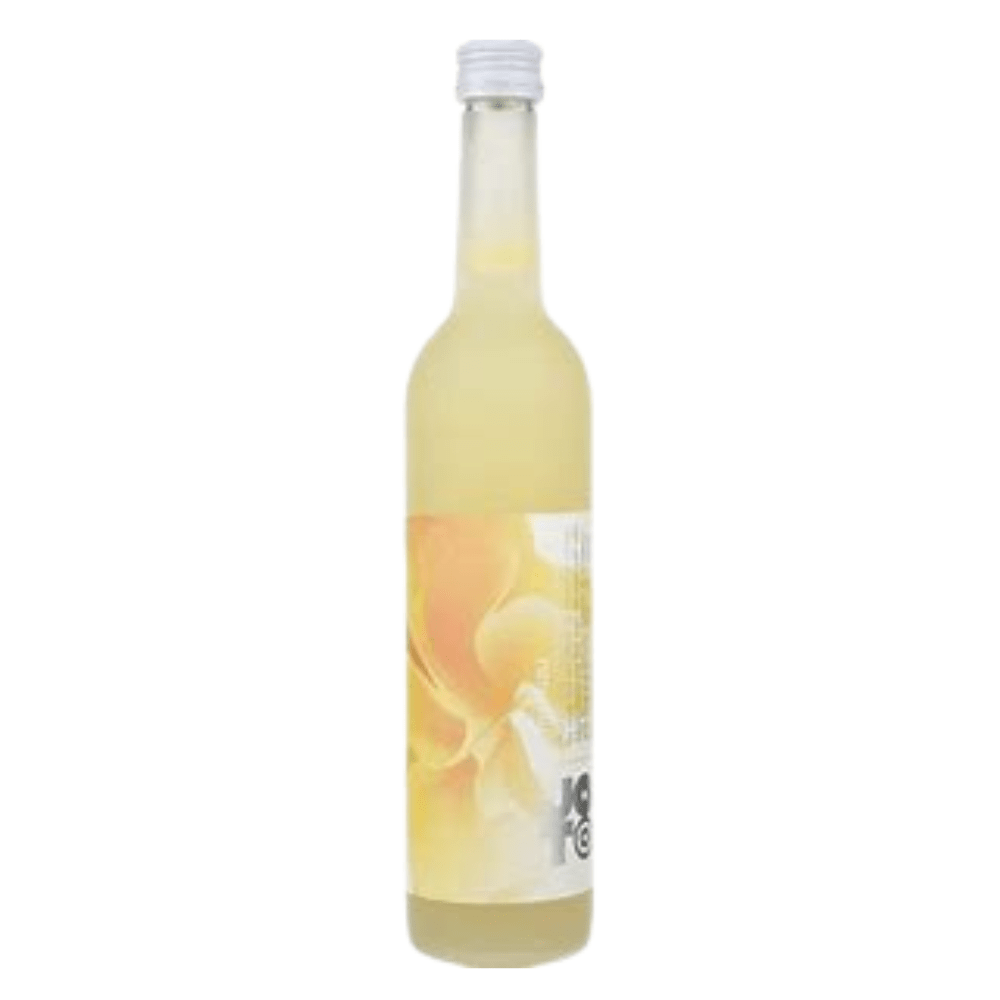 Joto Yuzu Flavored Sake 'The Citrus One' 500ML
Joto Yuzu Flavored Sake 'The Citrus One' 500ML- Regular price
-
$30.00 - Regular price
-
- Sale price
-
$30.00
-
Kikuhime Yamahai Ginjo Genshu Sake 720 ML
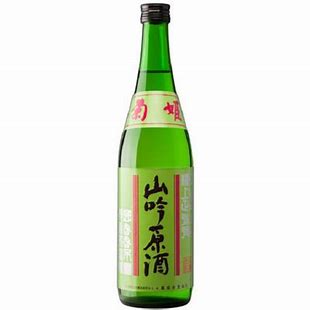 Kikuhime Yamahai Ginjo Genshu Sake 720 ML
Kikuhime Yamahai Ginjo Genshu Sake 720 ML- Regular price
-
$146.00 - Regular price
-
- Sale price
-
$146.00
-
Kikuhime Daiginjo B.Y. 720 ML
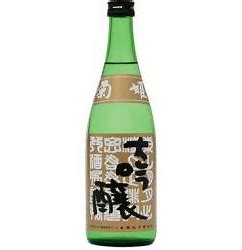 Kikuhime Daiginjo B.Y. 720 ML
Kikuhime Daiginjo B.Y. 720 ML- Regular price
-
$189.00 - Regular price
-
- Sale price
-
$189.00
-
Konteki Sake 'Tears of Dawn' Daiginjo
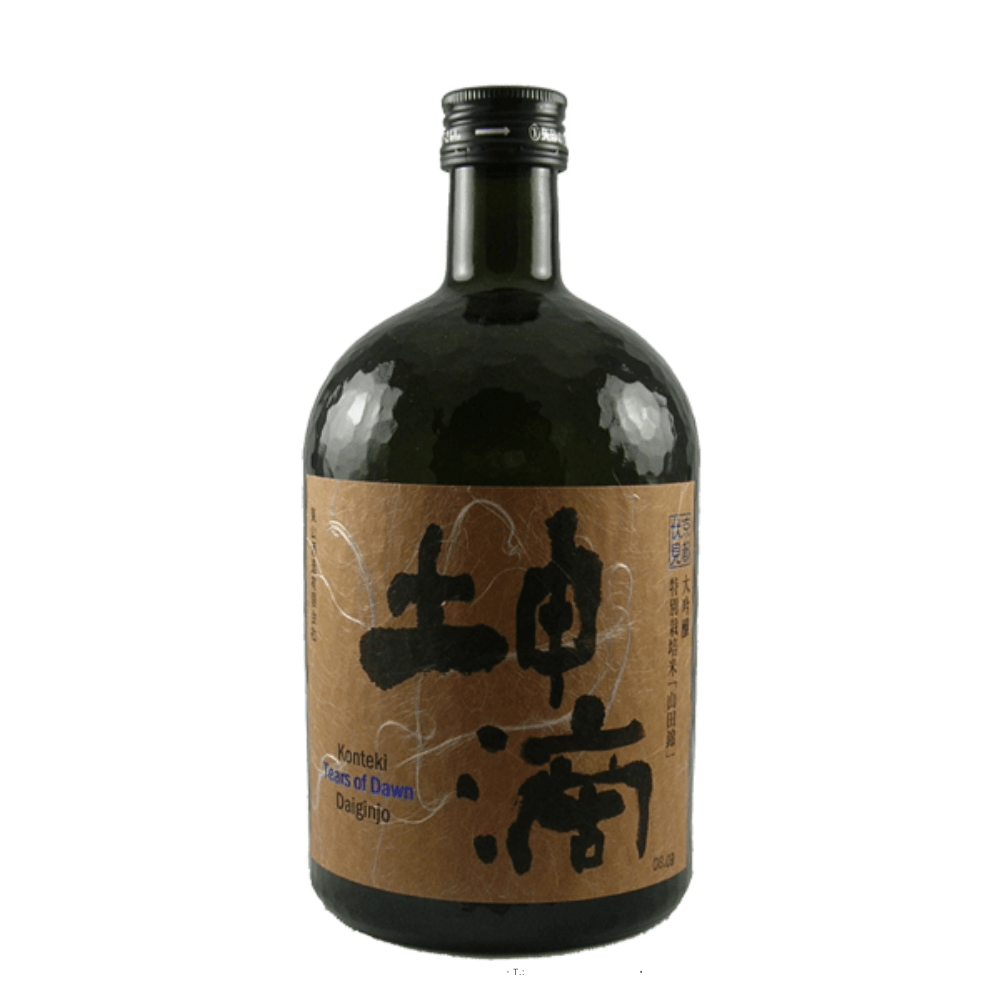 Konteki Sake 'Tears of Dawn' Daiginjo
Konteki Sake 'Tears of Dawn' Daiginjo- Regular price
-
$42.00 - Regular price
-
- Sale price
-
$42.00
-
Rihaku Sake 'Dreamy Clouds' Nigori
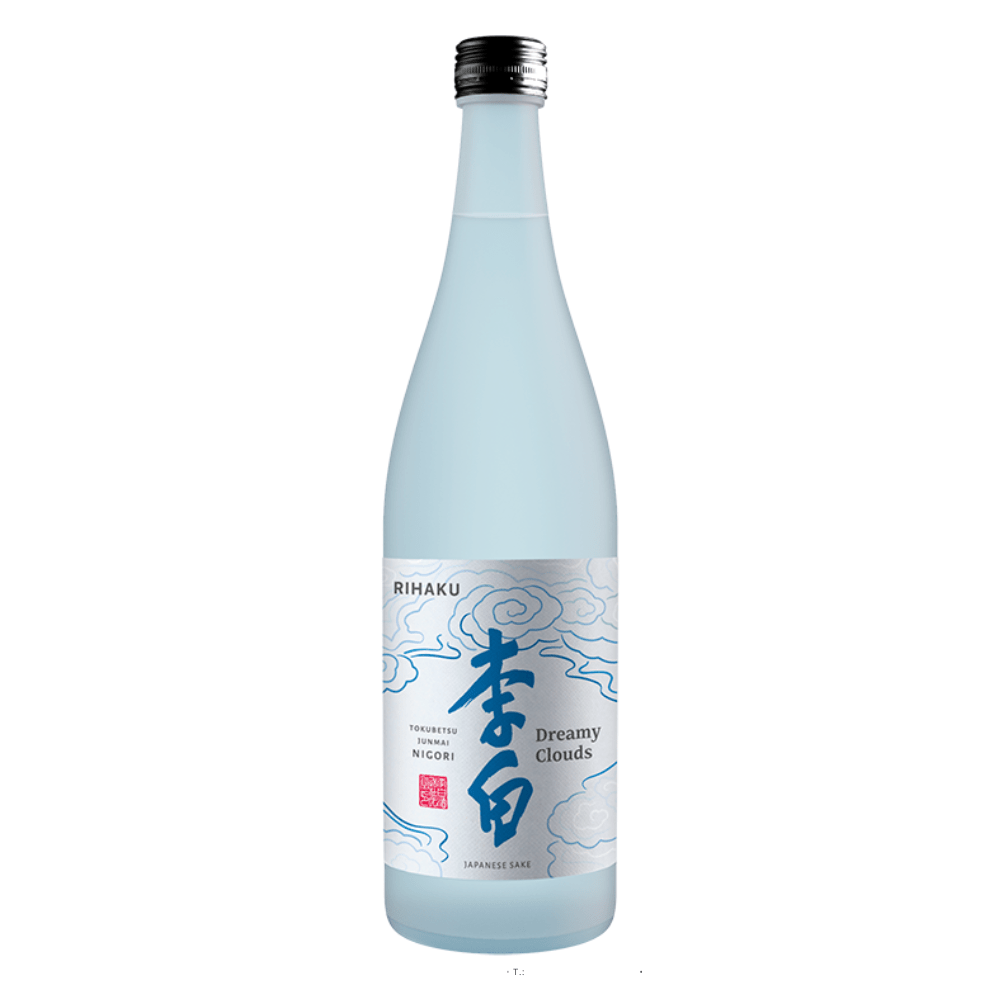 Rihaku Sake 'Dreamy Clouds' Nigori
Rihaku Sake 'Dreamy Clouds' Nigori- Regular price
-
$35.00 - Regular price
-
- Sale price
-
$35.00
-
Kajikawa Junmai Daiginjo Sake 300ML
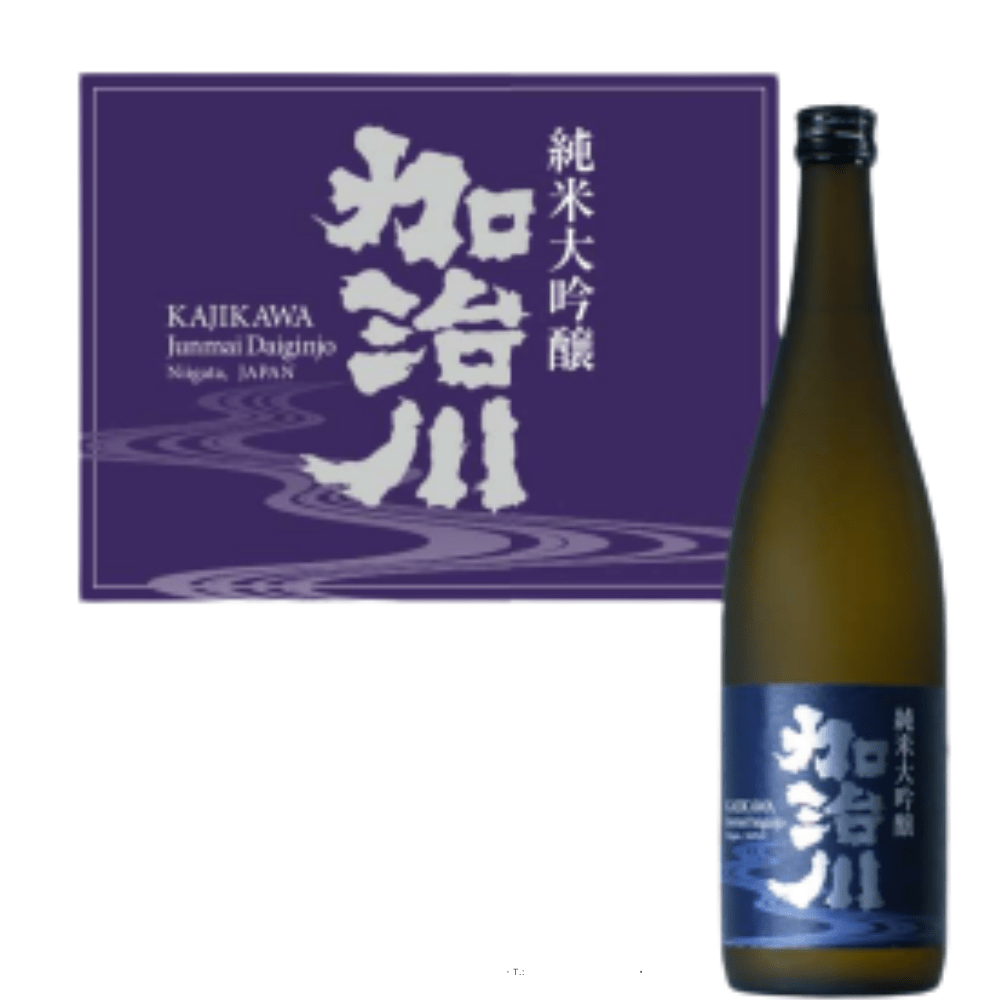 Kajikawa Junmai Daiginjo Sake 300ML
Kajikawa Junmai Daiginjo Sake 300ML- Regular price
-
$23.00 - Regular price
-
- Sale price
-
$23.00
-
Joto Nigori 'Blue One' 300ML
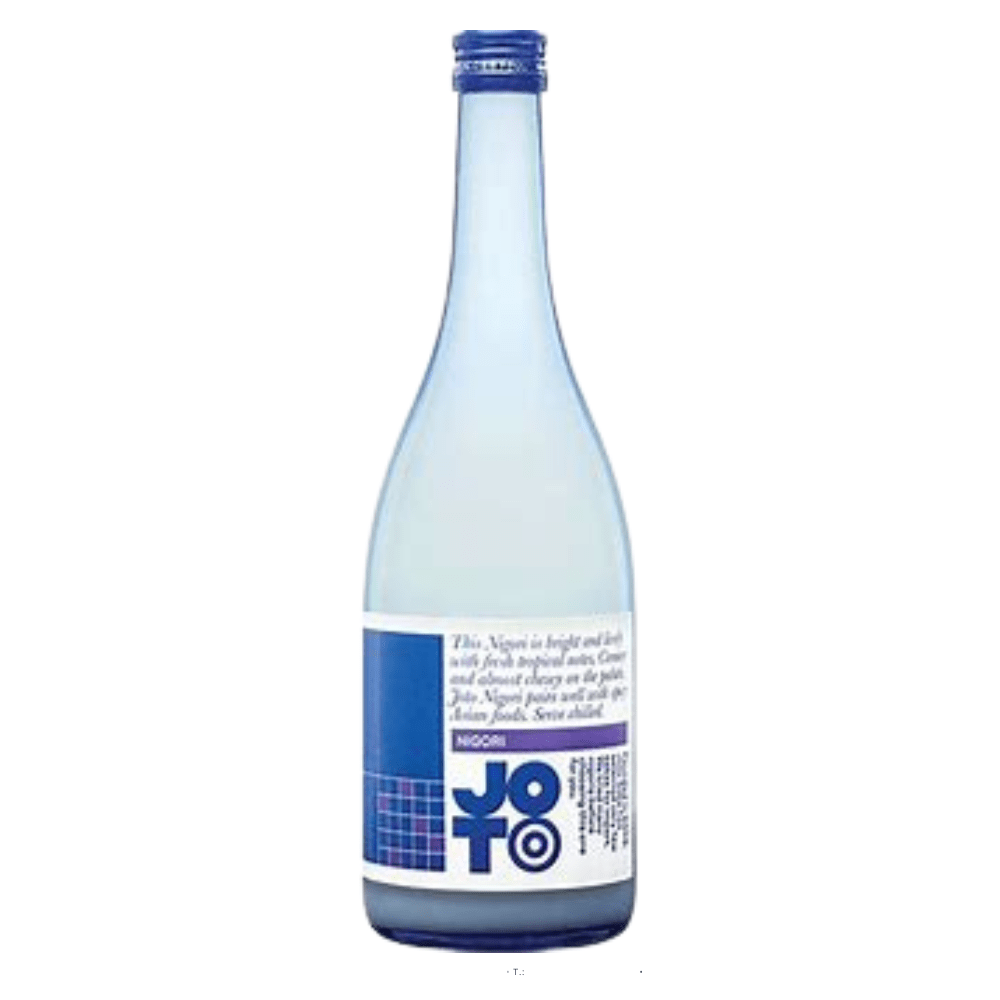 Joto Nigori 'Blue One' 300ML
Joto Nigori 'Blue One' 300ML- Regular price
-
$16.00 - Regular price
-
- Sale price
-
$16.00
-
Eiko Fuji Junmai Ginjo Nama
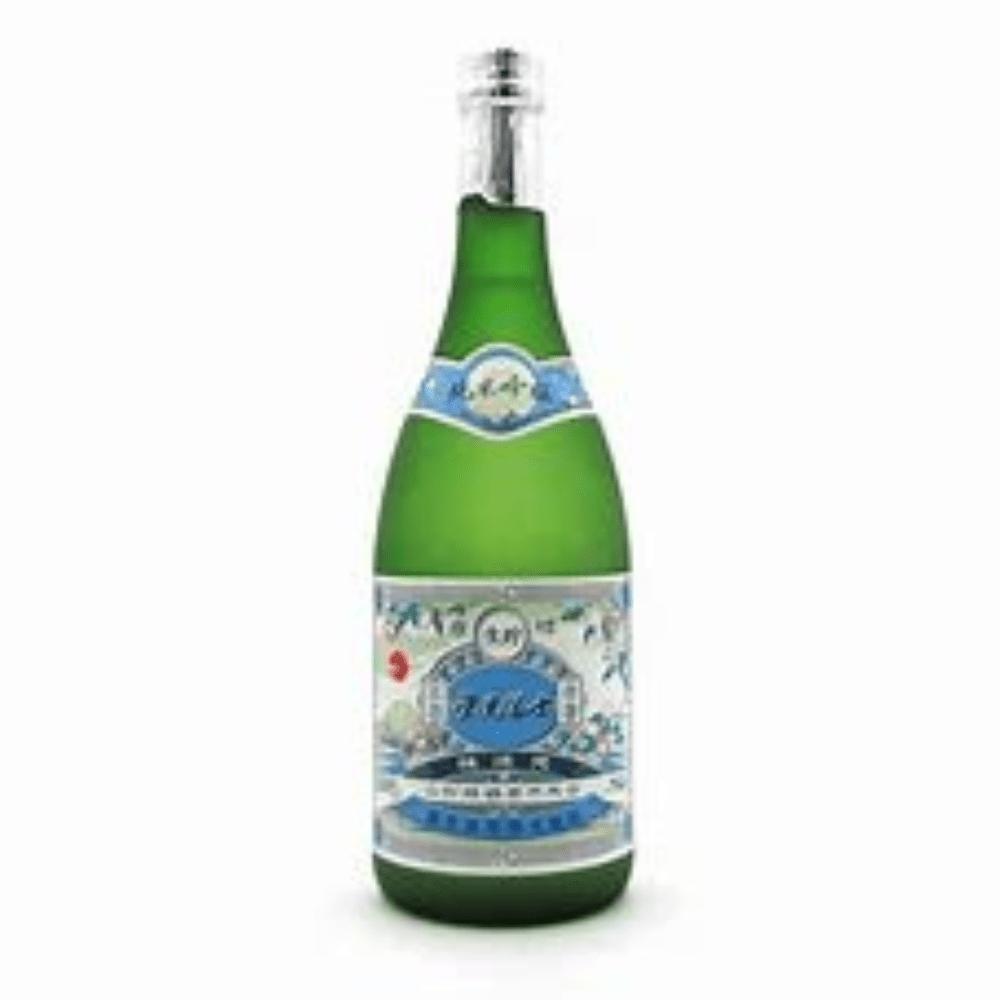 Eiko Fuji Junmai Ginjo Nama
Eiko Fuji Junmai Ginjo Nama- Regular price
-
$61.00 - Regular price
-
- Sale price
-
$61.00
-
Joto Junmai Ginjo 720ML
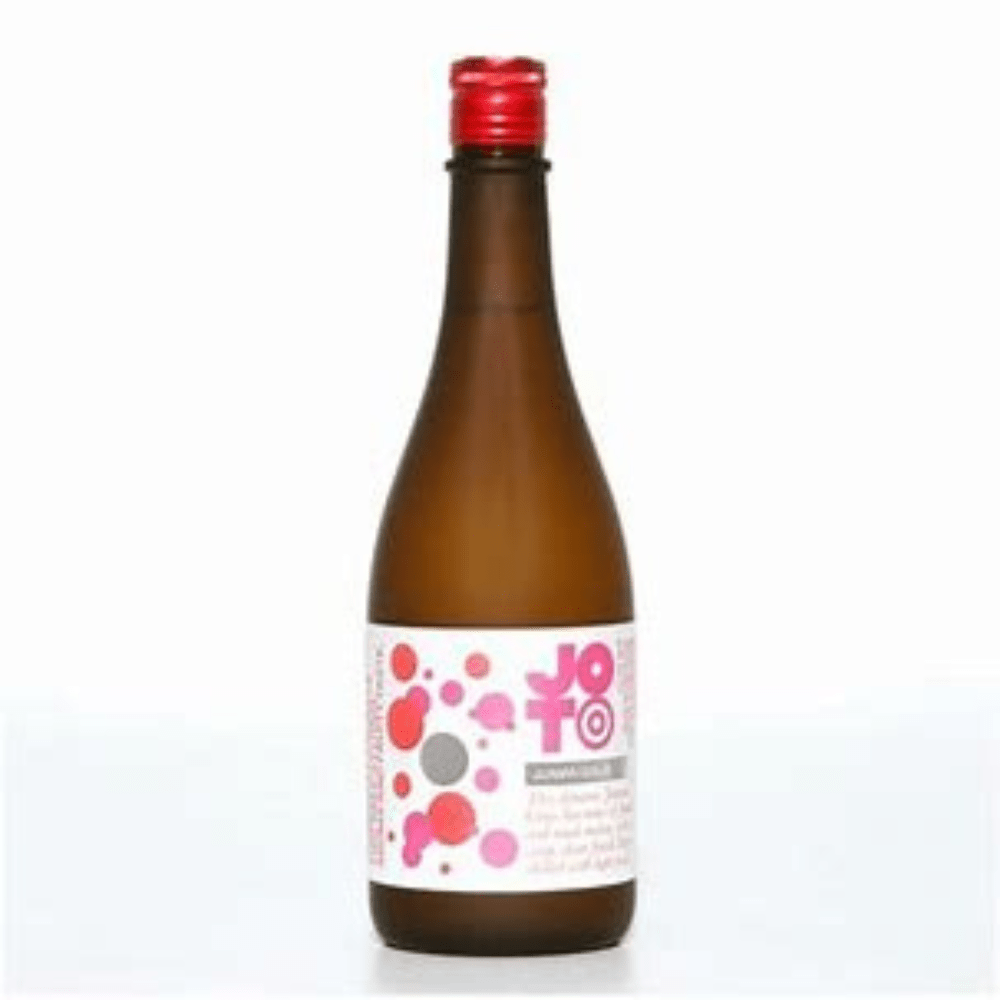 Joto Junmai Ginjo 720ML
Joto Junmai Ginjo 720ML- Regular price
-
$35.00 - Regular price
-
- Sale price
-
$35.00
-
SOTO Premium Junmai Sake Can 180ML
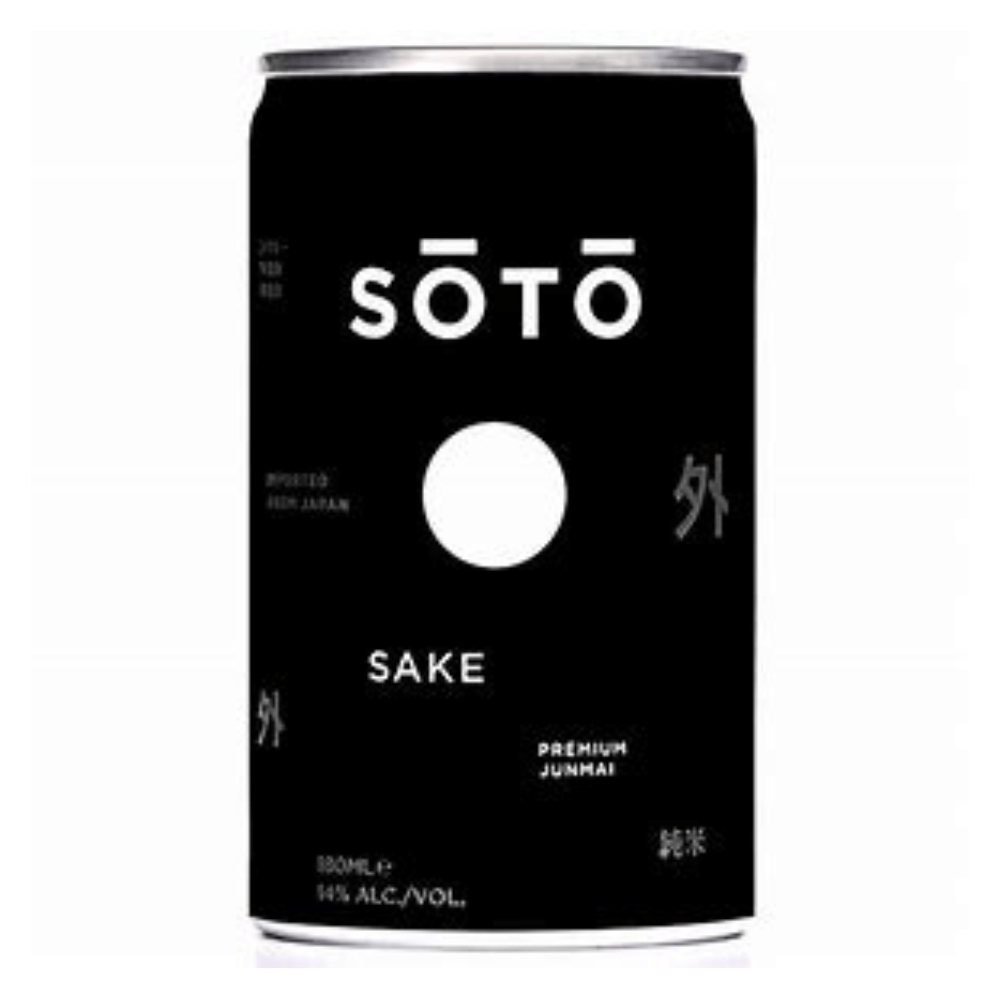 SOTO Premium Junmai Sake Can 180ML
SOTO Premium Junmai Sake Can 180ML- Regular price
-
$6.00 - Regular price
-
- Sale price
-
$6.00
-
Kikusui Sake Perfect Snow 300 ML
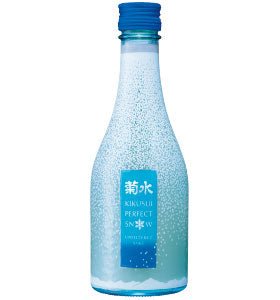 Kikusui Sake Perfect Snow 300 ML
Kikusui Sake Perfect Snow 300 ML- Regular price
-
$14.00 - Regular price
-
- Sale price
-
$14.00
-
Kikusui Sake Junmai Ginjo 300 ML
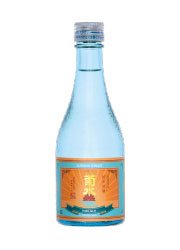 Kikusui Sake Junmai Ginjo 300 ML
Kikusui Sake Junmai Ginjo 300 ML- Regular price
-
$16.00 - Regular price
-
- Sale price
-
$16.00
-
Kubota Sake Senju Ginjo 720 ML
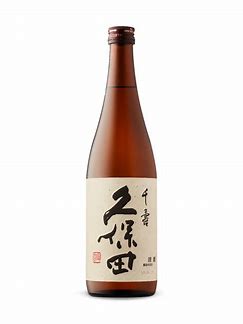 Kubota Sake Senju Ginjo 720 ML
Kubota Sake Senju Ginjo 720 ML- Regular price
-
$30.00 - Regular price
-
- Sale price
-
$30.00
-
Dewanoyuki 'Yuki' Kimoto Junmai Sake
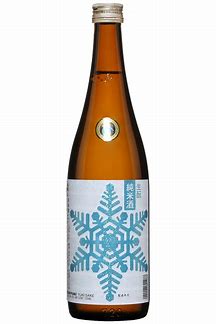 Dewanoyuki 'Yuki' Kimoto Junmai Sake
Dewanoyuki 'Yuki' Kimoto Junmai Sake- Regular price
-
$29.00 - Regular price
-
- Sale price
-
$29.00
Japanese Sake Collection – The Art of Nihonshu
Discover Japan’s National Drink
Sake (nihonshu) is one of the world’s most distinctive beverages. It is brewed from rice, water and koji mould, but it can possess a great deal of depth, grace and variety. Japanese sake is a piece of artwork that expresses the culture and terroir of the country. There are those that are clear and invigorating like Junmai Ginjo, to those rich and savoury as the Junmai Daiginjo.
At In The Cru we select our Japanese sake collection reflecting both the tradition and innovation in this vast category. They’re sourced from the grand old breweries, as well as masters of our modern era, and you try them because we seek their balance, purity and authenticity.
Sake Styles: A Guide to the Categories
- Junmai → This is pure rice sake that is strong and umami flavored. It is best served warm.
- Ginjo → polished rice with 60% or less left, smooth, aromatic, and refined.
- Daiginjo → rice that has been polished a lot (50% or less remaining), is delicate, elegant, and complex.
- Nigori → cloudy, lightly filtered sake that has a creamy sweetness and texture.
- Sparkling Sake → A modern, fun twist on tradition that is bubbly and refreshing.
Why Japan Is the Heart of Sake
The geography and climate of Japan are perfect for making sake:
- Pure Water Sources→ From streams in the mountains to soft springs underground.
- Local Rice Varieties → Yamada Nishiki, Gohyakumangoku and Omachi to bring a presence of character.
- Cold Winters → Ideal for slow fermentations, conserving the delicate aromas.
- Centuries of Craftsmanship → Many breweries (kura) have been around for hundreds of years.
This combination makes sake that is clear, pure, and balanced, which are the signs of great Japanese sake.
Beyond Tradition: Modern Expressions
Beyond Tradition: Modern Expressions Based on centuries old techniques, sake has given rise to distinct styles:
- Junmai Daiginjo → The most elegant sake, usually served chilled in fine glassware.
- Koshu (Aged Sake) → An amber-hued, nutty, complex sake it's a rare, and thoughtful style.
- Sparkling Sake → Fun and festive, great for parties.
- Seasonal Namazake (Unpasteurised) → Bright, fresh, and lively with a strong personality.
FAQs About Japanese Sake
Q1. What is the difference between Junmai and Ginjo sake?
Junmai is weightier and umami-driven, while Ginjo and Daiginjo are aromatically lush and polished due to higher rice polishing.
Q2. How should sake be served?
It depends on the type: Junmai tastes best when it's warm, while Ginjo and Daiginjo taste best when they're a little bit cold.
Q3. Does sake age like wine?
Most sake is best consumed young and fresh, although unique types like Koshu are designed for aging.
Q4. Is sake sweet or dry?
Both — sake ranges widely in sweetness and dryness, often expressed in the SMV (Sake Meter Value) scale.
Why Purchase Japanese Sake at In The Cru?
- Expertly Curated → Selected with guidance from sake sommeliers and brewers.
- Authenticity Guaranteed → Imported directly from Japan’s top kura.
- Diverse Portfolio → From elegant Daiginjo to rustic Junmai, seasonal namazake, and playful sparkling styles.
- Trusted Worldwide → Appreciated by both enthusiasts and critics across the globe.
Shop Japan’s Finest Sakes Today
Japan has a wide range of flavours that come from rice, water, and tradition, from elegant Junmai Daiginjo to lively sparkling sake.
At In The Cru, we bring you bottles that honor centuries of Japanese brewing while highlighting the creativity of modern sake masters.












